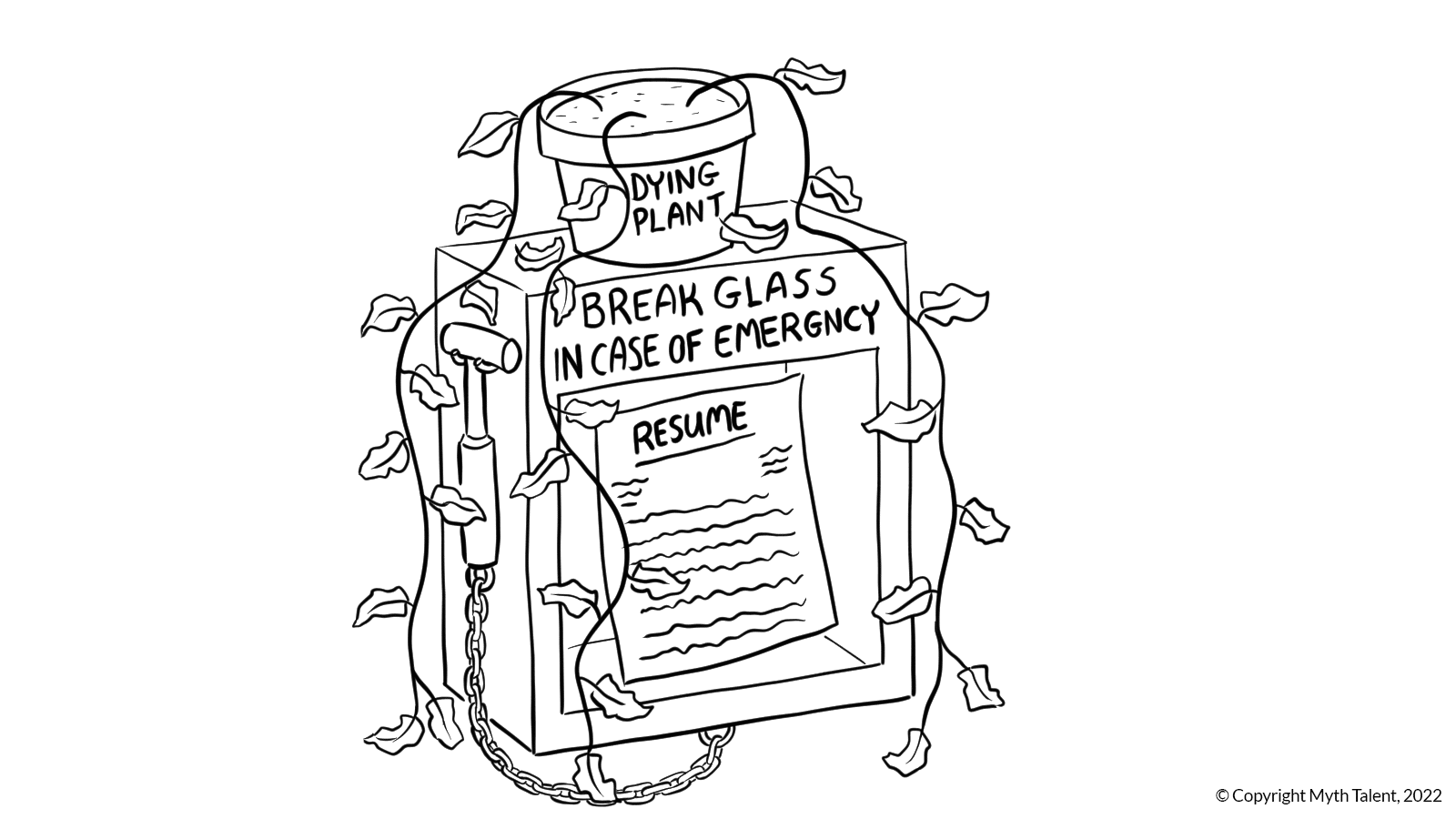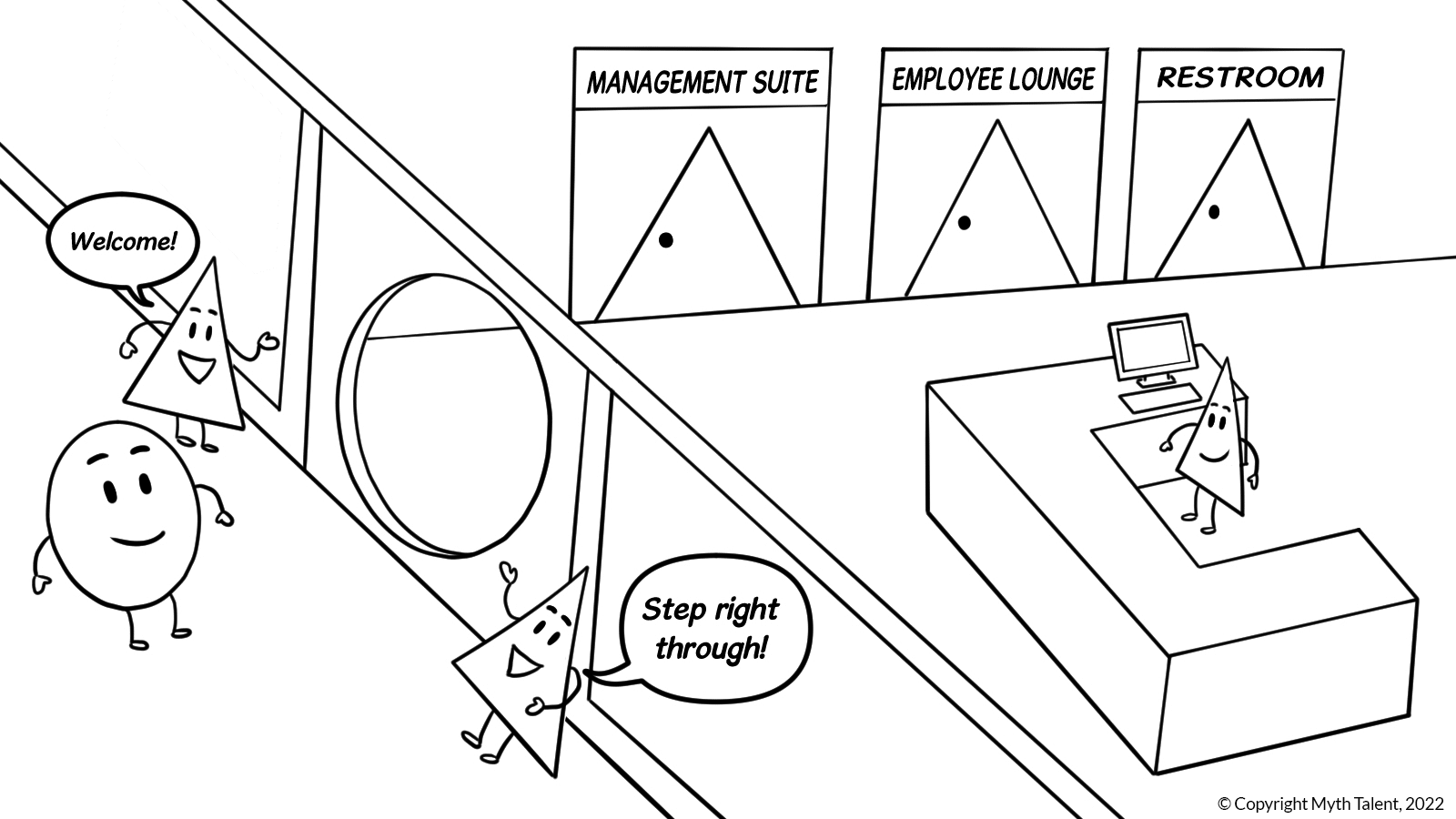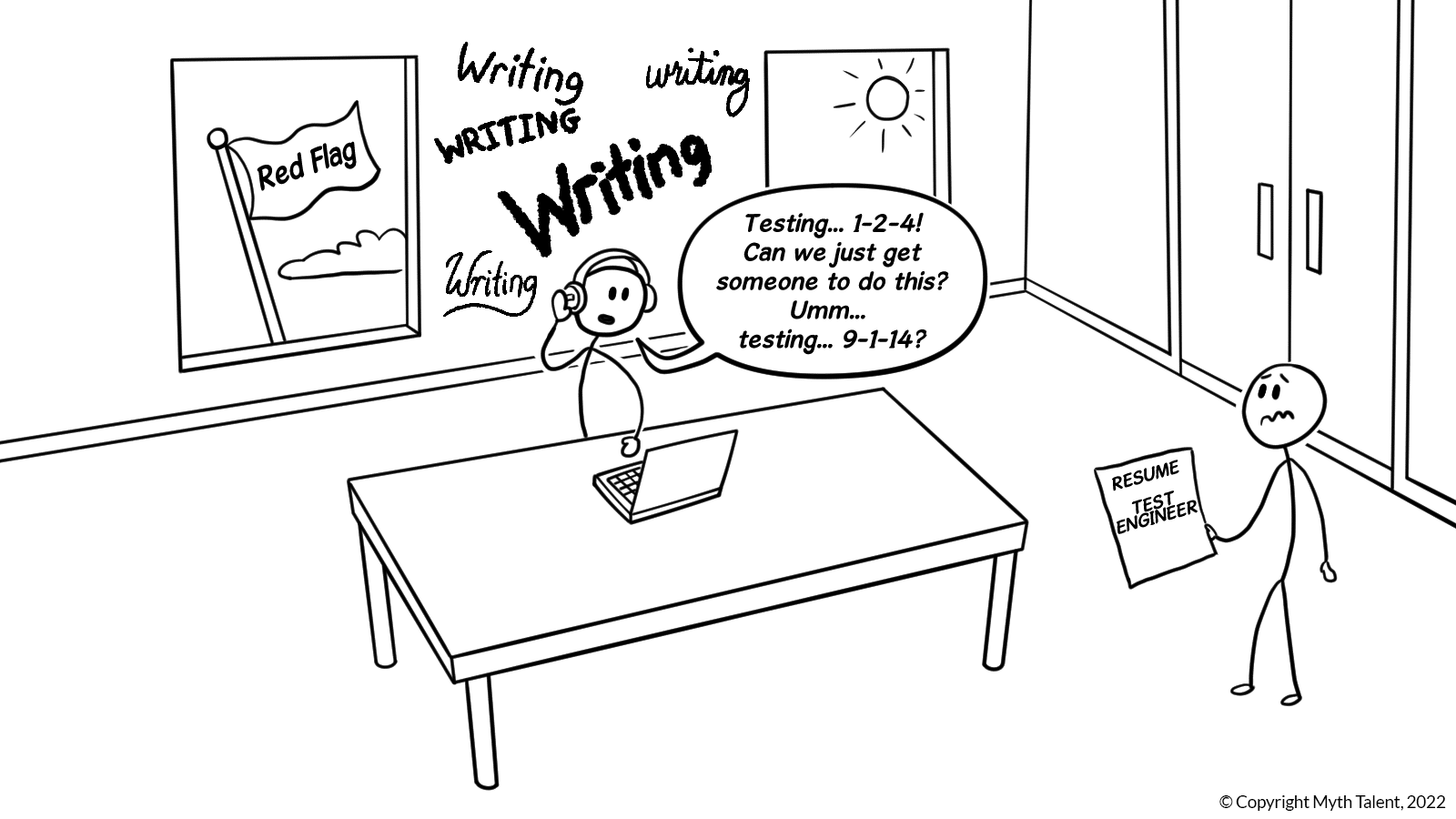iOS 19.84: emojis, Orwell, and a tear for nuance
iOS 19.84: emojis, Orwell, and a tear for nuance
Depending on how you identify the species, there have been about 7,500 generations of Homo sapiens, including roughly 500 since the dawn of civilization. It’s only in the last three or four generations or so – 0.053% of the total – that parents in many cultures stopped scrambling to marry off their young teens. Priorities changed. People are not dashing to Facebook to brag that they just hitched their fifteen year old to an older man with twelve goats.
These new priorities require new qualifications. The tools now needed to be a parent are unprecedented and their blueprint cannot be found in the human genome. Even the tsetse fly – the Usain Bolt of genetic adaptation – would have no hope of keeping pace. Parents have been thrust into a tumultuous storm that neither evolution nor God equipped them to navigate: they need to communicate with teenagers, and worse, in a time when evolved communication itself is under attack.
Patience is a parent’s best path to successful communication with their teen. In fact, it is their only hope. Patience closes your mouth and opens your ears. And not just your ears. Your eyes, too – they’re the ones responsible for detecting the infinite non-verbal cues that complete and enrich what’s coming out of a mouth. The sounds alone often belie the truth, or certainly the textured truth. These layers of communication are crucial to understanding and guiding your teen. The complexity is vital because, in her time of need, your teen may not even know that she is asking for help. The fight that is front and center – curfew is too early; the dress is too expensive – may not be much more than the mild point of contention that most adults think it should be. The raw anger stems from something else: a bad day at school, a fight with a friend – any of the myriad pains of growing that each and every person encounters. A parent must stand in a hurricane and listen for whispers.
There is at least one thing that has evolved faster than matrimonial customs. Technology. It’s like a bullet – it moves faster than the sound it makes. When I was a teen, I envied the kids whose phone had a cord long enough to allow private conversations from inside the broom closet. Now a teen can text a break-up message to her boyfriend while sending suggestive pictures to a middle-aged guy in Belarus, all while coyly smiling at you from the kitchen table. That’s fast.
Even if your teen is like most – grounded, loved and aware of how to conduct herself online – there is still a problem. Almost invariably, they are not using the part of the phone that you speak through, utilizing things like words and full sentences. The future of our species is inhabiting the swirling landscape of apps and platforms, the land of Type and Swipe. And in Type and Swipe, nuance is dead.
Communicating in this way affects how we interact in person, and not only because of our tendency to Type and Swipe while sitting next to an actual human. We want things in neat packages, delivered at light speed. Patience is under attack. Increasingly, communication takes place remotely, including that between parent and teen. Why shouldn’t it? It’s convenient. However, when people communicate in factory-made snippets, there is no space for subtlety. There’s no way to read between the lines because there are no lines. How the heck are you supposed to discern that she wasn’t invited to sit at the cool lunch table when all she tells you is 😠? Is it because – du-uh! – she didn’t tell you 😡?
In his novel 1984, George Orwell illustrates a totalitarian state that implements Newspeak. Newspeak is a controlled language, a tool the regime uses to limit freedom of thought, creativity, and anything else that it perceives to be a threat. In it, synonyms are deemed superfluous. All one can convey is that they are “good” or “ungood”. Or if you had a slapbang day, you are confined to describing it as “plusgood”. Newspeak eliminates subtlety and variation, and magnitude, to a great degree. Emojis and texting shorthand do the same thing: If your kid sends you a smiley face, how good are they feeling? More importantly, what kind of good are they feeling?
“But what about the newest iOS?” you scream, my ignorance sending incredulity-infused, espresso-stained spittle onto your tablet. “You’re out of touch, old man.” And you’re right. I am out of touch with a world that is impressed by the 14 new tools for expression to be found in the latest operating system. I do not see “four new bubble effects” and access to a library of “stickers” as evidence that technological evolution is catching up to the evolved needs of a species that is unique largely because of its capacity for limitless subtlety. I see them as proof that essential human communication is officially uncool. I see convenience and corporate strategy transplanting evolution. I see iOS 19.84.
Before you stop reading and mail me some tin foil and instructions on how to fold a hat, let me make clear that I am not arguing that the “People-Really-in-Power” are implementing a plan to control the world via emojis. But maybe kinda I am. Planned or not, the effect is largely the same. The kind of communication that evolved over thousands of years is being marginalized. Less and less often do we have a chance to notice a quick glance downward or a small lip quiver, the sort of non-verbal cues that lead to meaningful and productive discussion. More and more infrequently does a pause between two spoken words or a tear hidden behind a lock of hair open the door to a hug. Increasingly, our child is either 🙁 or 😞. And that is DoublePlusUngood.
© Myth Talent, 2024



